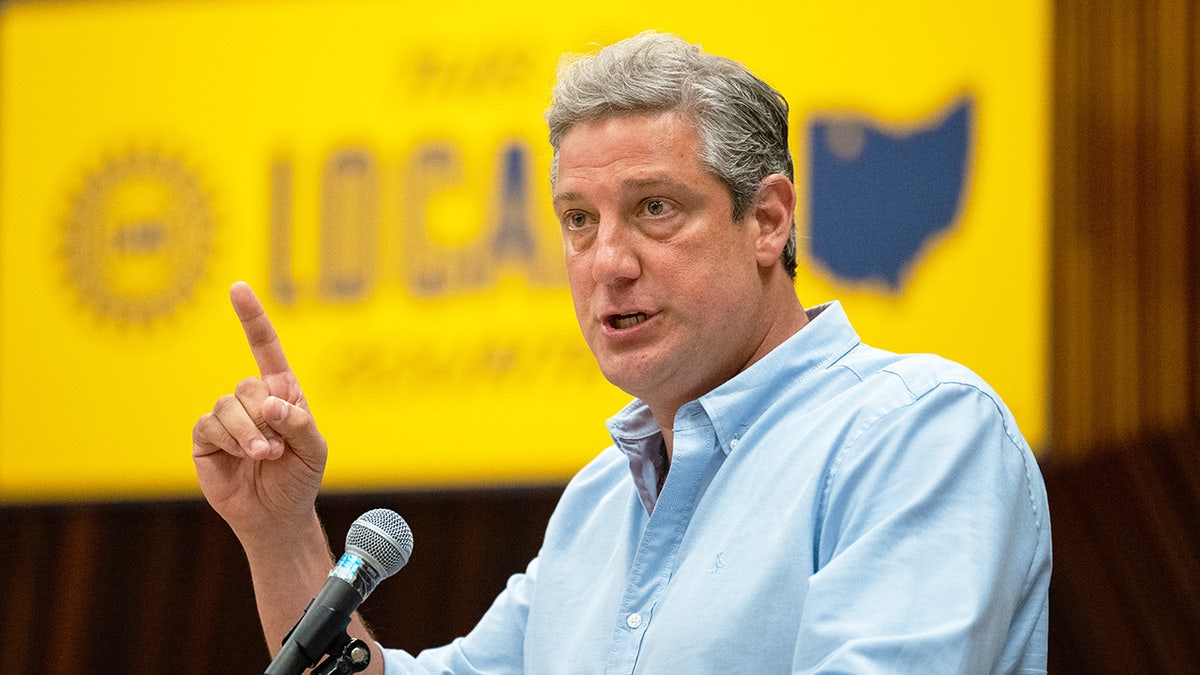Fox News Flash top headlines for August 28
Fox News Flash top headlines are here. Check out what's clicking on Foxnews.com.
Rep. Tim Ryan, D-Ohio, argued Sunday that tax cuts are a better way of handling America's student debt problem than outright handouts.
Ryan, who is running for Senate in Ohio against Republican nominee J.D. Vance, made the comments during an appearance on CNN. Ryan stated that President Biden's student loan handout last week sent "the wrong message" in that it implied only student debt holders were struggling with the current economy.
"There’s a lot of people out there making 30, 40 grand a year that didn’t go to college. And they need help as well, which is why I’ve been proposing a tax cut for working people that will affect everybody," he said.
"With the student loan piece, you could very easily allow them to negotiate — renegotiate down the interest rates," he added about his proposal.
STUDENT LOAN DEBT FORGIVENESS WON'T GIVE BIDEN, DEMS THE POLITICAL, PR PAYOFF THEY WANT: PERINO

UNITED STATES - AUGUST 20: U.S. Senate candidate Rep. Tim Ryan, D-Ohio, speaks at the UAW Local 12 union rally in Toledo, Ohio on Saturday, August 20, 2022. (Bill Clark/CQ-Roll Call, Inc via Getty Images) (Bill Clark/CQ-Roll Call, Inc via Getty Images)
Critics have argued Biden's program will contribute to already record-high levels of inflation in the U.S.
Senate Minority Leader Mitch McConnell argued last week that the program is "yet another way to make inflation even worse, reward far-left activists, and achieve nothing for millions of working American families who can barely tread water."
Biden's program calls for handing out up to $20,000 in student debt for those who used Pell Grants, and $10,000 for those who did not. More than 43 million Americans have federal student debt, amounting to a total of more than $1.6 trillion. Nearly one-third of those owe less than $10,000 and more than half owe less than $20,000, according to the latest federal data.
CLICK HERE TO GET THE FOX NEWS APP
The plan will cost U.S. taxpayers between $440 billion and $600 billion over the next 10 years, according to the Committee for a Responsible Federal Budget.





